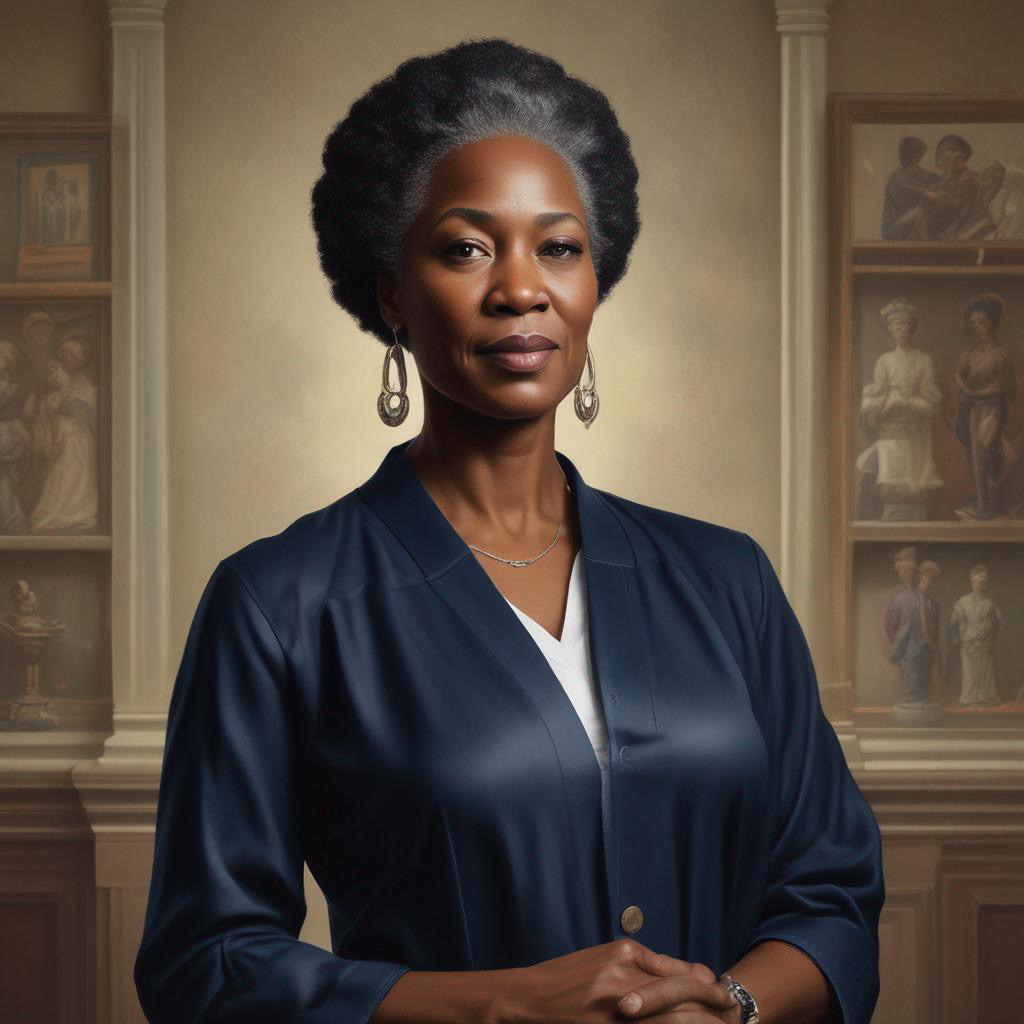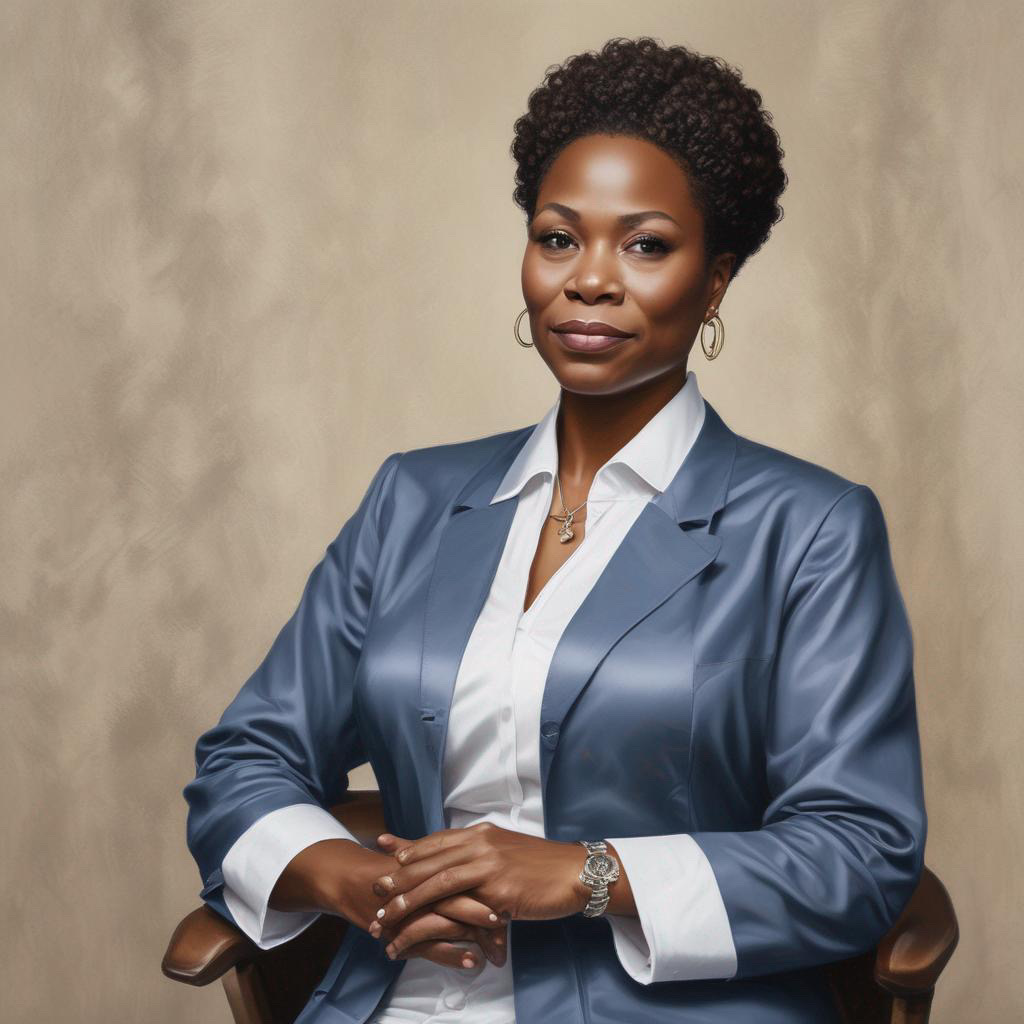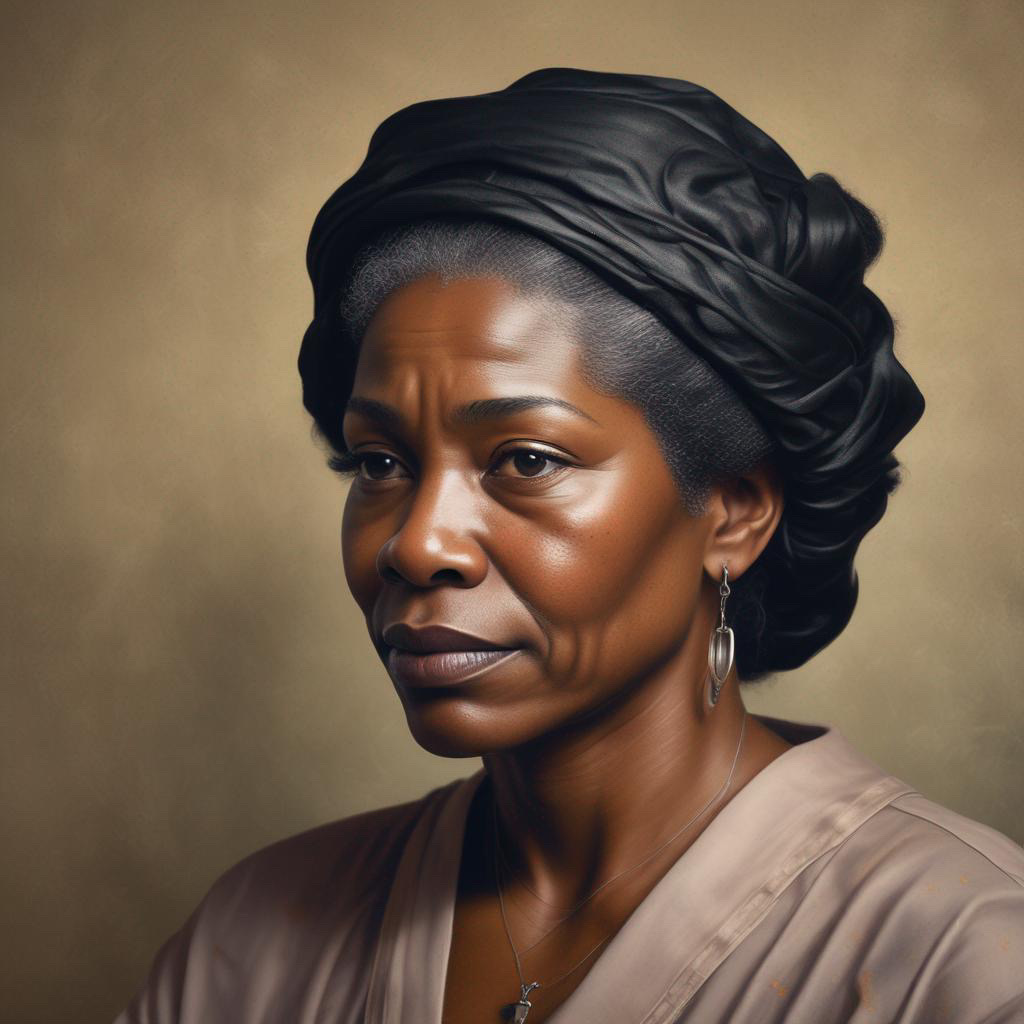In Mark 8:22-25, we find Jesus healing a blind man in Bethsaida, restoring sight, and renewing hope. Like the blind man, we often need a second touch—a more profound vision that transcends the superficial. Imagine standing on the precipice of transformation. The first touch may restore our physical sight, but the second touch opens our spiritual eyes. In this moment, we are reminded that healing is not a one-time event but a journey. Our struggles, scars, and stories are not merely burdens but pieces of a mosaic that God is crafting. Each piece tells a story of resilience, a testament to the strength of a people who have endured and continue to rise. The journey ahead requires the courage to confront uncomfortable truths and to seek new ways of living in the community. It asks us to drag our wounds into the light, not to wallow in sorrow, but to transform them into instruments of healing and hope.
In this sacred space of reflection, we are assured that our God is not distant or indifferent. Instead, God is intimately involved in our healing process, inviting us to trust in the promise of restoration. So, let us open our hearts to the second touch, allowing Christ to remove our blindness so we may see not just with our eyes but with our souls. Together, we can journey toward a future filled with vibrant colors of hope, love, and liberation, embracing the fullness of life that Christ offers us all.
The past few years have been a time of profound introspection, a moment where the familiar has become strange, and the unknown has beckoned us to reconsider what we thought we knew. Amid this uncertainty, we are called to look again, to gaze lovingly at our circumstances, allowing the light of Christ to illuminate the shadows that have long lingered.




